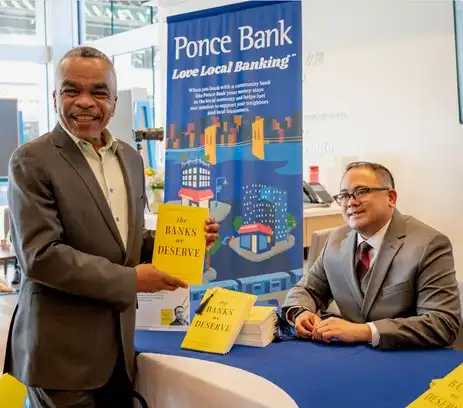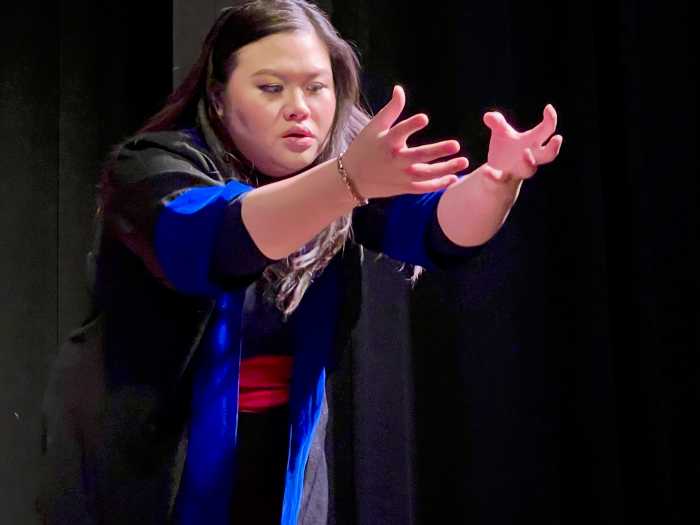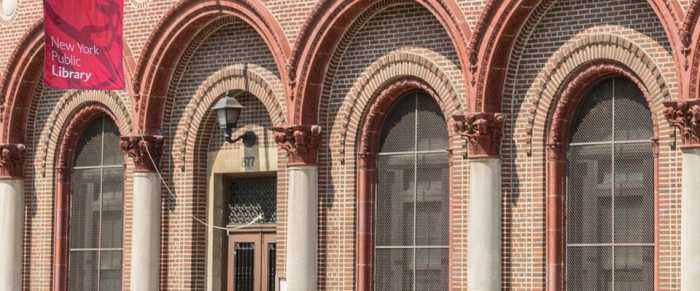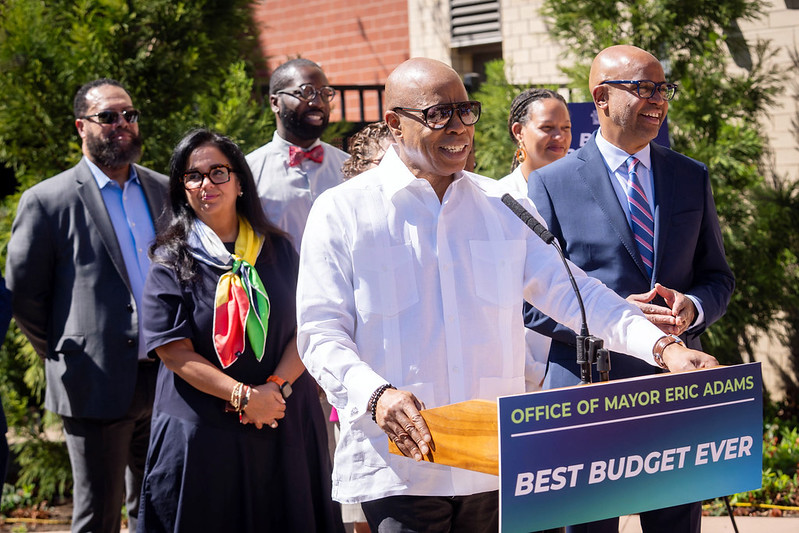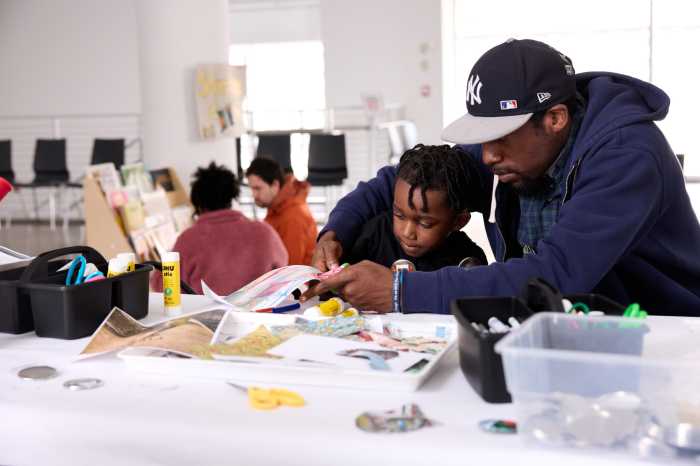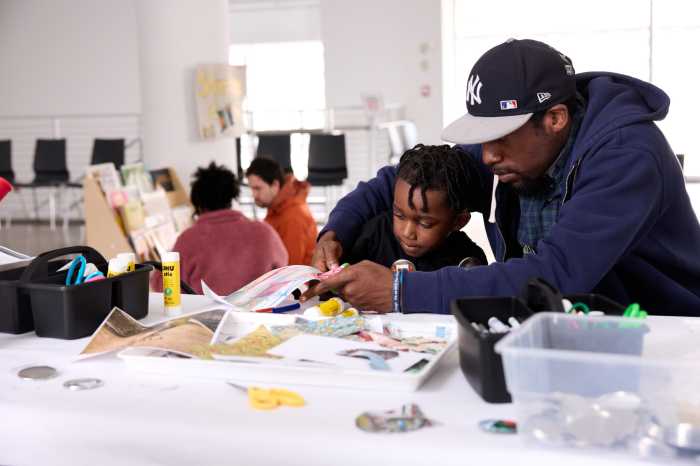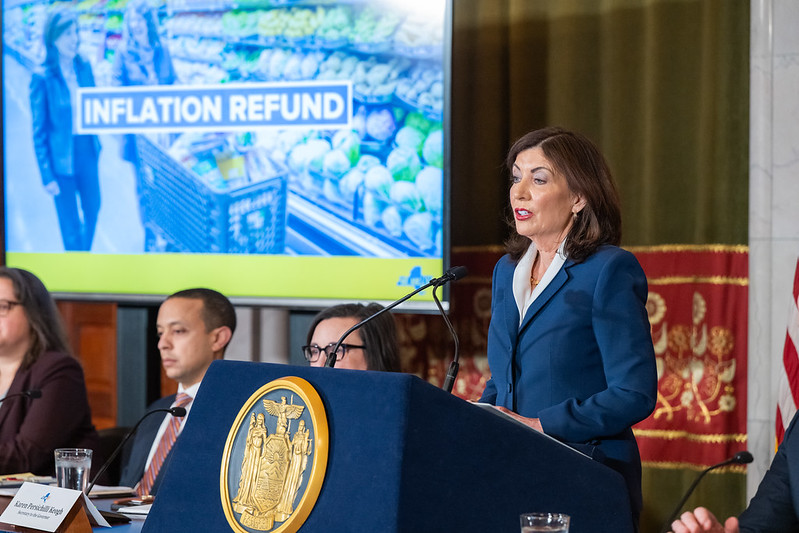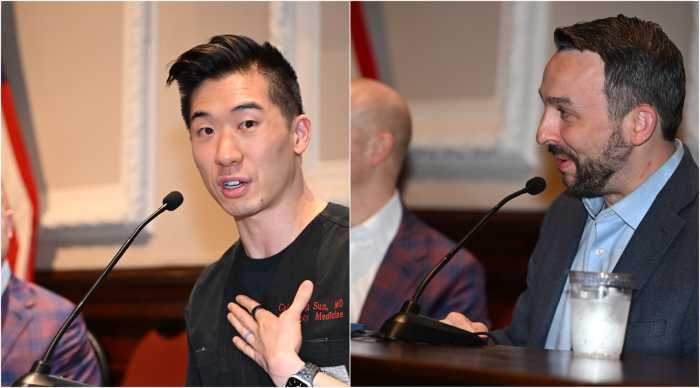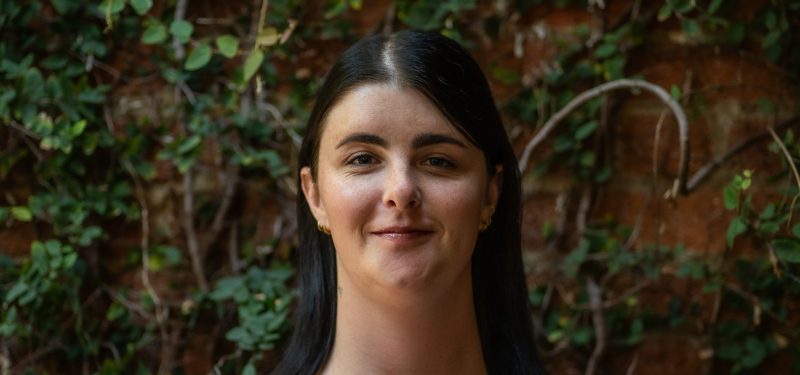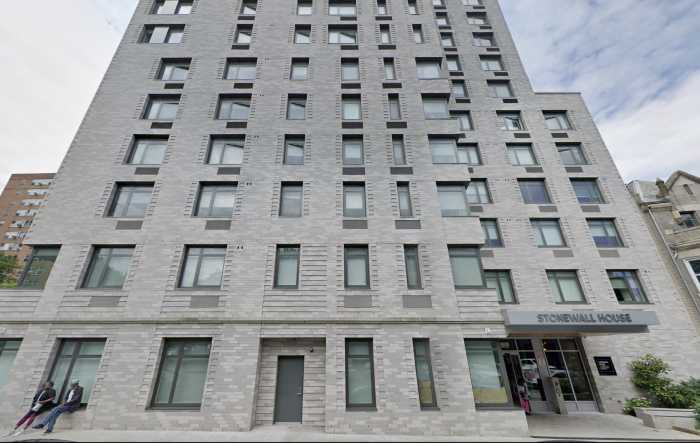Oscar Perry Abello, the author of the new book “The Banks We Deserve: Reclaiming Community Banking for a Just Economy,” recently held a book signing, public reading and a discussion on the future of finance and banking across New York State and the United States at the Ponce Bank branch at 2244 Westchester Ave. in the Bronx.
The discussion Abello participated in at Ponce Bank centered on the critical role community banks play in addressing the economic and financial needs of residents from all backgrounds—particularly those living in underserved communities.
Among those in attendance for the public reading, audience Q&A, and book signing were select customers, nonprofit partners, and community members. Many attendees found Abello’s stories relatable, reflecting their own experiences and challenges. By the end of the event, guests walked away with a stronger understanding of how community banks function—and a renewed appreciation for their essential role in fostering economic inclusion and resilience.
“Oscar’s work puts words to what we live every day,” Ponce Bank Vice President and Director of Nonprofit Services Wanda Matos said.
The message of the book and the accompanying discussion strongly resonated with Ponce Bank, a federally designated Minority Depository Institution (MDI) and one of the nation’s leading Community Development Financial Institutions (CDFIs). Founded in 1960 by Puerto Rican entrepreneurs and community advocates, Ponce Bank was established to serve individuals historically excluded from mainstream financial services. As one of the earliest models of modern urban community banking, the institution has remained locally rooted, culturally connected, and committed to reinvesting in underserved neighborhoods.
“Community banking is about relationships,” Ponce Bank President and CEO Carlos Naudon said. “It’s about knowing every customer’s name, their story and their impact. That’s how we make lending decisions. That’s how we build trust. That’s how we create stronger neighborhoods.”

Among those featured in Abello’s book is Ponce Bank Senior Vice President and Director of SBA Lending Barbara Arroyo, who was present for the signing. She was featured in the introduction of the book for her deep connections within the Bronx and the work she has dedicated to support local small businesses in the borough through Ponce Bank’s credit committee. Grounded in local knowledge, compassion and long-term commitment, Arroyo’s story is meant to exemplify the most important aspects of community banking.
“Every Wednesday, Barbara Arroyo meets with the Bank’s credit committee to tell them about the lives, hopes and dreams of her clients: small business owners in the Bronx, running everything from bodegas to barbershops to catering companies,” Abello wrote in his book. “Barbara works at Ponce Bank — one of just two community banks headquartered in the Bronx… where she was born and raised.”
“We are here for the nonprofits, the small businesses and the families who have historically been left out of traditional banking. To see our work reflected in this book — it’s powerful.” Arroyo said, “It meant a lot to be seen — not just as a banker, but as someone who’s grown up in this community and can now give back to it. Our work is personal. It’s about walking alongside people and helping them build something lasting.”
Ponce Bank is hopeful that both the event and Abello’s book will resonate with a broad audience, shedding light on the deeper value community banks provide—beyond just financial services. These institutions play a vital role in advancing dignity, expanding access and creating opportunities within the communities they serve.

